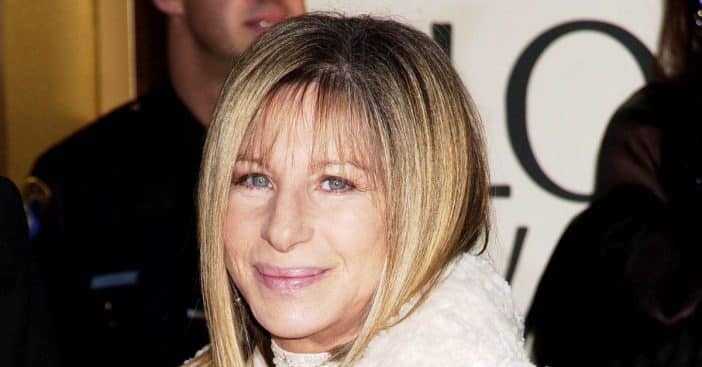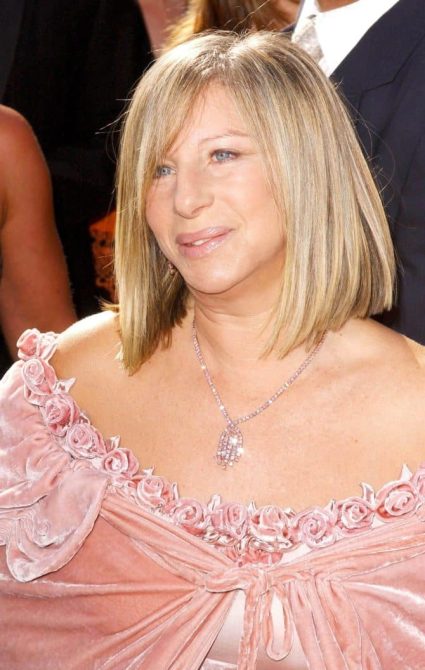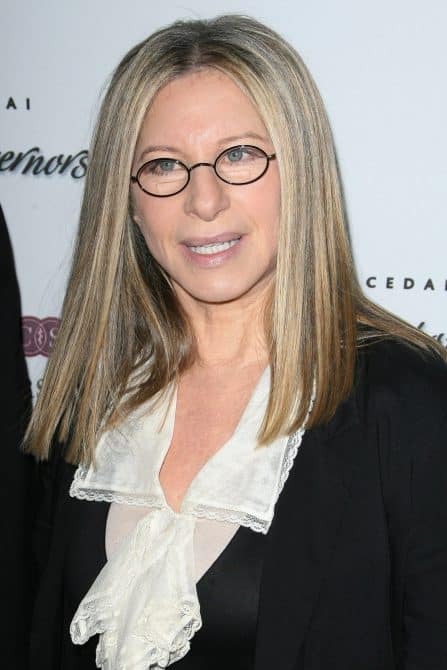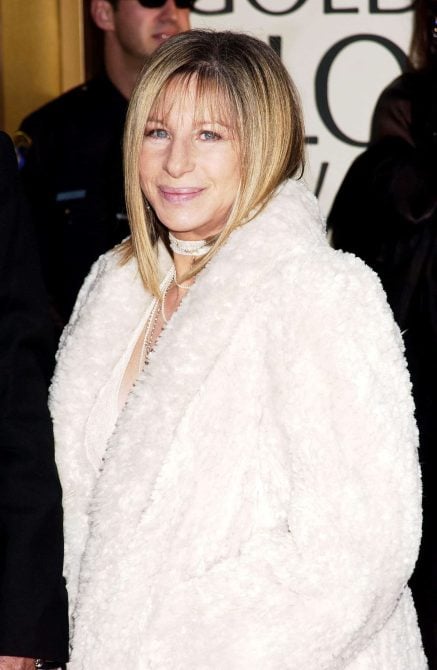
Barbra Streisand has been open about her experiences with therapy and how it has been a valuable tool for self-discovery and personal growth. She mentioned in her recently released memoir, My Name is Barbra, that therapy helped her navigate the challenges of fame and manage anxiety.
Recently, during an interview with NPR host Terry Gross on an episode of Fresh Air, Streisand revealed that even though her therapy experience greatly influenced the content of her latest book, she is trying to take a break from it.
Barbra Streisand says she is no longer willing to go to therapy

2004.
9/19/04
Barbara Streisand at the “56th Annual Primetime Emmy Awards”.
(Los Angeles, CA)
“My editor keeps saying to me, ‘The book is really good.’ I say, ‘Is it really?’ You know what I’m saying?” she admitted. “I have two sides of me, and one helps the other.”
RELATED: Barbra Streisand Details ‘Steamy’ Past Relationship With Co-Star, Kris Kristofferson
She went on to explain that, despite recognizing the ongoing necessity of therapy, her enthusiasm for it had waned as she was no longer focusing on herself due to being around her grandchildren. “God, I have to go back to therapy, I think!” Streisand confessed. “But I’m not that interested in myself again.”

She experienced abuse during childhood
During the discussion, the 81-year-old also talked about the profound influence of her challenging childhood on her sense of self-worth. Streisand recounted that during the early stages of her career, her mother scrutinized and criticized every step she took.
“She came the second night when I was at the Bon Soir, my mother. The first thing she said, I remember, was, ‘You have to use a guggle muggle, because your voice needs to be stronger.’ She made hot chocolate and put a raw egg in it, which I could never swallow,” she explained. “My mother came twice, once to see me as a singer and once to see me as an actress. When I came off the stage as an actress in my acting class, I put on a little show, her comment was, ‘Your arms are too skinny.’”

2004.
1/25/04
Barbara Streisand at the Golden Globe Awards.
(CA)
She mentioned that the lack of a father figure in her life had a profound impact, prompting her to actively pursue attention and validation through the avenue of fame. “I think my early upbringing did affect my wanting to be famous in some way or an actor, you know, because I wasn’t seen,” she confessed to Gross. “What a way to be seen — you become an actress.”
